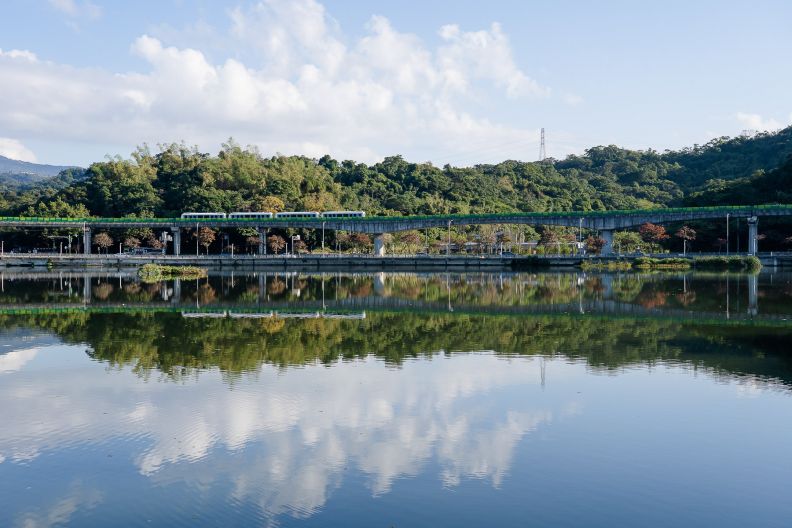Taiwan vows to tackle climate change through transport greening initiatives
2021/04/19
Taiwan is ramping up multifaceted efforts targeted at promoting greener transportation, highlighting the country’s commitment to tackling climate change.
The government has rolled out a raft of measures to reduce greenhouse gases produced by the transportation sector, which according to a report released by the Ministry of Transportation and Communications in 2018 accounts for 12.7 percent of the country’s total carbon emissions.
Cars and motorbikes are particularly egregious offenders, with road transport making up 95.5 percent of the sector’s overall emissions, said Lin Chi-kuo, director general of the Institute of Transportation at the Ministry of Transportation and Communications. For this reason, the MOTC is leaving no stone unturned in encouraging the purchase of electric vehicles, in particular buses.
Bus operators are offered subsidies of up to NT$10 million (US$357,000) per EV with the goal of upgrading all of Taiwan’s 11,000 city buses to electric by 2030.
The government’s green largesse is largely responsible for the surging popularity of electric scooters in Taiwan, as is its commitment to supporting the development of an increasingly friendly charging environment. More than 3 percent of scooters zipping about Taiwan’s roads are powered by electricity, according to the MOTC.
E-scooters are not the only EVs targeted for promotion; the purchase and use of small cars is encouraged via various tax incentives. One example is the 30 percent commodity tax, which is waived for purchases under NT$1.4 million (US$50,000), with any sum in excess taxable at 15 percent.
Taiwan Railways Administration (TRA), which operates the country’s 130-year-old network, is playing its part in championing the green transportation cause. To woo passengers traveling short distances via motorways, the MOTC-overseen agency is constructing additional stations on busier routes, as well as scheduling more services to meet heightened demand.
TRA is also encouraging passengers to think green by making Taiwan’s beloved pastime cycling part of the daily commute. The agency currently offers 694 dedicated spaces for bikes, with the number projected to reach 1,318 by 2023.
Another part of the government’s green transportation promotion efforts is streamlined payment systems such as EasyCard. First employed on Taipei’s metro system and city buses in 2002, and later for the TRA network, the smart card is widely seen as playing a key role in convincing the public to swap congested roads and pollution for stress-free travel with handsome eco-friendly paydays.
“Although there’s a long way to go, ongoing efforts helped the country realize the goal of cutting transportation sector greenhouse gas emissions by 2 percent at year-end 2020, compared with 2005 levels,” Lin said. “That’s a good response to global warming, an issue a responsible member of the international community like Taiwan should address.”
Source: Taiwan Today (https://taiwantoday.tw/index.php)












